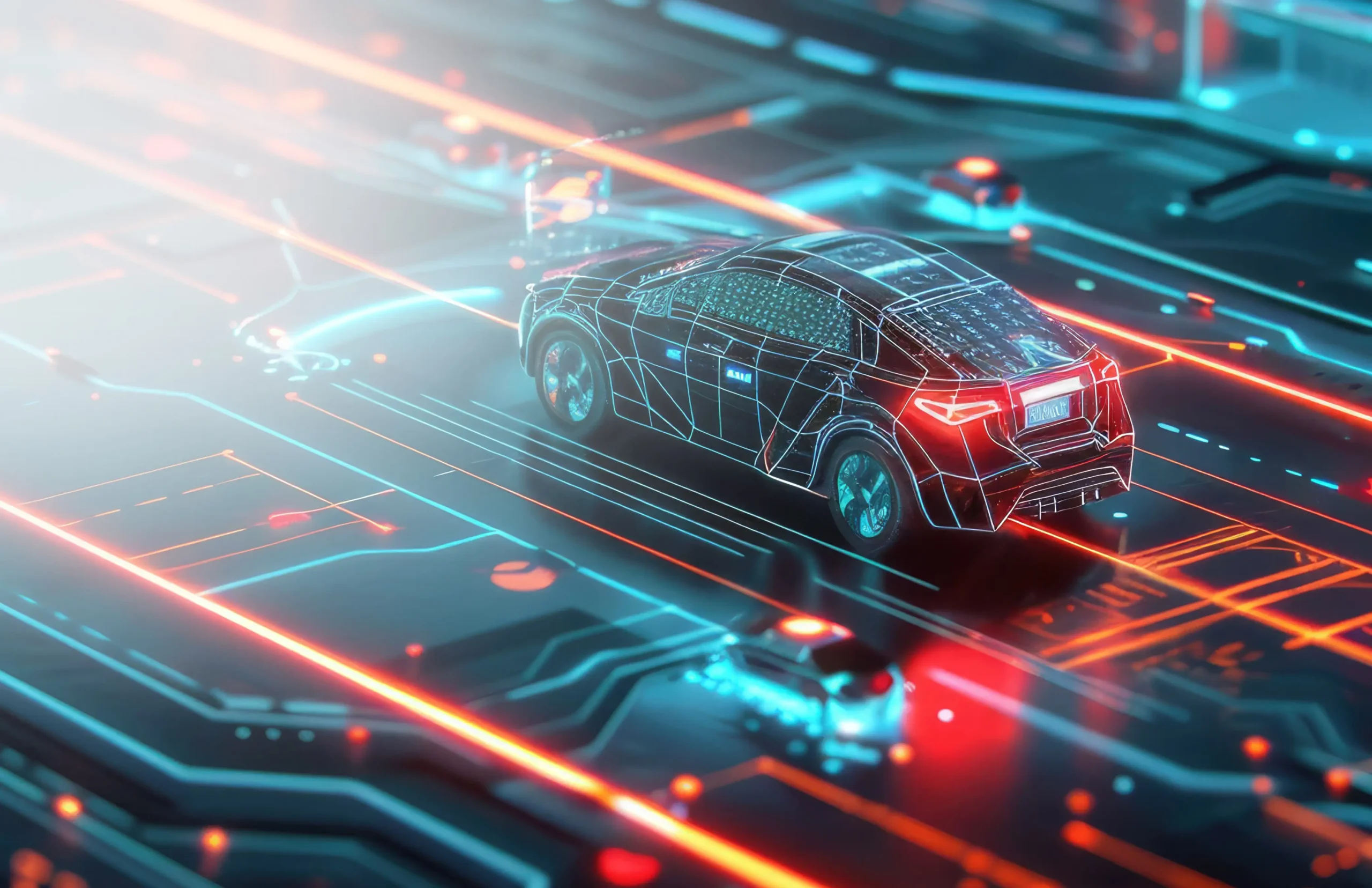The retail industry has seen a surge in technological advances over the last decade. After being influenced by the ecommerce revolution, the retail industry has been instrumental in adopting and innovating new technologies into the market. With the onset of new technologies like IoT, mobile, and AI, most of the retail giants have realized the potential to exploit these technologies for transforming their retail operation and customer experience.
When we talk about IoT technologies in retail, several use cases are mainly focused on supply chain and operational efficiencies. IoT and connected devices help retailers in RFID inventory tracking chips, tracking in-store infrared foot-traffic, smart selling through kiosks, and surveillance through camera sensors. However, when it comes to enabling advanced customer services and experience, most of the retailers are looking at implementing innovative and smart technologies. Mobile is one of the main channels that bridges the gap between digital and in-store experience, and hence store operators utilize mobile technologies to enhance customer experience. 70% of shoppers in the USA say that they use their mobile devices while shopping in store, either occasionally or on a regular basis. However, when it comes to augmenting the customer experience across all stages — from a store visit to post-sale customer service, retailers need a smart and innovative technology.
Artificial intelligence can be a potential game-changer for most of the retail giants. With AI-enabled retail solutions, the complex computational processes like capturing product weight, temperature, etc., can be comprehended with a set of algorithms to provide seamless customer interaction and experience. It is said that AI in retail has a humongous power to transform the retail industry in a way that will make the customer journey more intuitive through ease of interaction with products and experience. According to Gartner, by 2020, 85% of customer interactions in retail will be managed by artificial intelligence. Moreover, now with IoT + AI, retailers can focus on omnichannel customer experience.
Why should Retail use AI?
AI can help retail stores in various ways. Firstly, AI-based systems can eliminate manual guesswork for activities like conducting product promotions, inventory assortments, and identifying supply chain complexities, etc. Major retailers are already experimenting with the use and possible applications of AI in the above fields. Some are even aiming to anticipate customers’ orders and good to be shipped without waiting for actual purchase confirmation.
It helps customers make smarter decisions with better accuracy and real-time forecasting. Good forecasts also help retailers optimize supply chain, create impactful promotion strategies and improve customer experience.
AI also makes operations very efficient using robotics, process automation, and optimization. This greatly enhances productivity and reduces manual labor cost.
Lastly, retail is competing with ecommerce, where data generated by users is easily captured online. So, AI becomes an indispensable tool to capture heterogeneous data generated by customers in a retail store. Making coherence of in-store customer from multiple resources is of utmost importance. Customers just do not try, buy and leave but even use their smartphones to assist them when they shop in brick-and-mortar stores to check prices, read product reviews, and share on social media to get confidence in their purchase decision.
Let us understand how AI can enable smart retail solutions
1) Personalized In-store Recommendations:
Imagine a customer is checking a certain item at a store and you can send a personalized recommendation on his/her phone for a product that suits his/her requirements. One way to do this is through retail store mobile apps. Once a customer enters the store and opens the store app, the in-store sensors can identify and track the customer activities and behaviors. The in-store AI can also find when the customer had last visited the store and track the multiple visits and the products bought in the past. AI can use this information to suggest good recommendations and offer personalized rewards like discounts, loyalty points, etc., for the current shopping needs.
2) Personalized Out-store Recommendations:
AI cannot only help you engage your customers while they are in store but also when they are outside the store. AI-enabled store apps can help you understand a lot about your customer purchases and preferences through the already-collected data. Therefore, this data can help you target your marketing campaigns or product advertisements to specific customers and bring them back to stores, thus maximizing their cart value.
Why are recommendations important?
Let us understand some history of recommendation engine and its impact.
Amazon was the first to bring the recommendation engine in early 2000 and its rise thereafter has been phenomenal. The recommendation engine attributes to 35% of Amazon’s product sale. Another case is of JD Sports, which launched a recommendation engine for their outdoor brand, Millets. As a result, their conversion rates increased by 332% and the proportionate site revenue from product recommendations is now almost a fifth of all sales. So, neglecting recommendation engines is not advisable. Overall, 50% of online sales now happen through mobile with a dramatic YoY increase. Retailers should implement recommendation engines and start channelizing customers with store-apps.
CASE STUDY: Enhancing Shopping Experience for e-Commerce & Retail Download Now
3) Intelligent Customer Experience:
AI-powered devices like kiosks and digital signage units can recognize shoppers and adapt the in-store product displays. In addition, AI-powered automated assistants can study customer behavior and help build confidence in their purchase decision by recommending products based on the shoppers’ needs, preferences, and fit.
During PoS checkout or interaction with salespersons, AI-powered devices like voice-enabled cameras can recognize and interpret facial, biometric and audible cues. Capturing shoppers’ in-the-moment emotions, reactions or interactions can help deliver appropriate products, recommendations or support. This ensures that the retail engagement does not miss its mark.
4) Visual Search and Listen:
Image recognition is the most rapidly expanding areas in AI. The primary benefit for retailers here is to allow customers to search for things in the store without having to walk around. An AI-powered kiosk can search for a product in-store using an image provided by the customers and notify similar products with their exact location in the store. AI-powered mirrors can also suggest accessories and designs, capturing customers’ expressions. Visual listen is a technique that examines photos on social media and understands what customers are sharing about their products and brands.
5) Voice Assistants:
Amazon Alexa, Apple’s Siri, and Google Assistant are becoming mature with the evolution of better machine learning algorithms and models. These AI-enabled voice assistants can be used easily in retail stores to assist customers at the shelves, trial rooms, and self-checkouts. Voice assistants can have one-to-one communication with customers to improve their personal shopping experience.

Mentioned above are some of the innovative use cases of AI in retail that a few retail giants have already started implementing for enhancing in-store customer experience.
CASE STUDY: ZigBee based Retail Site Intelligence Download Now
eInfochips, an Arrow company provides AI-powered audio/video/image and data analytics for multiple industries such as transportation, manufacturing, and retail covering the most common use cases for surveillance, security, and customer intelligence. We are also an Advanced Consulting Partner for AWS services. We help clients in implementing a highly-scalable, reliable, and cost-efficient infrastructure with custom solutions for AI plus IoT. Know more about our AWS Consulting & Development Services.













